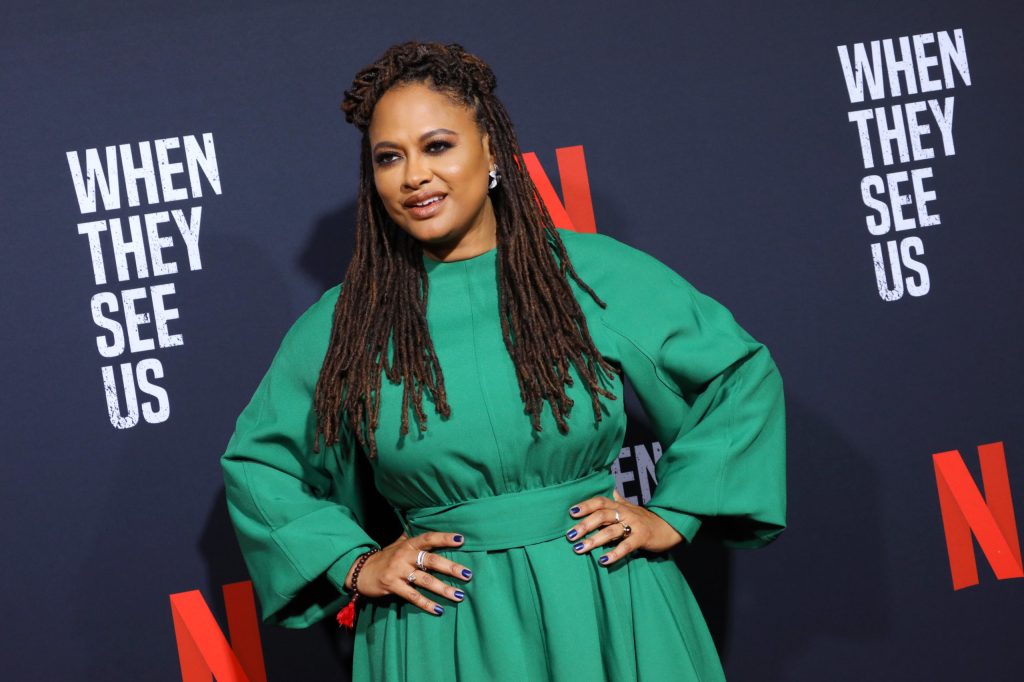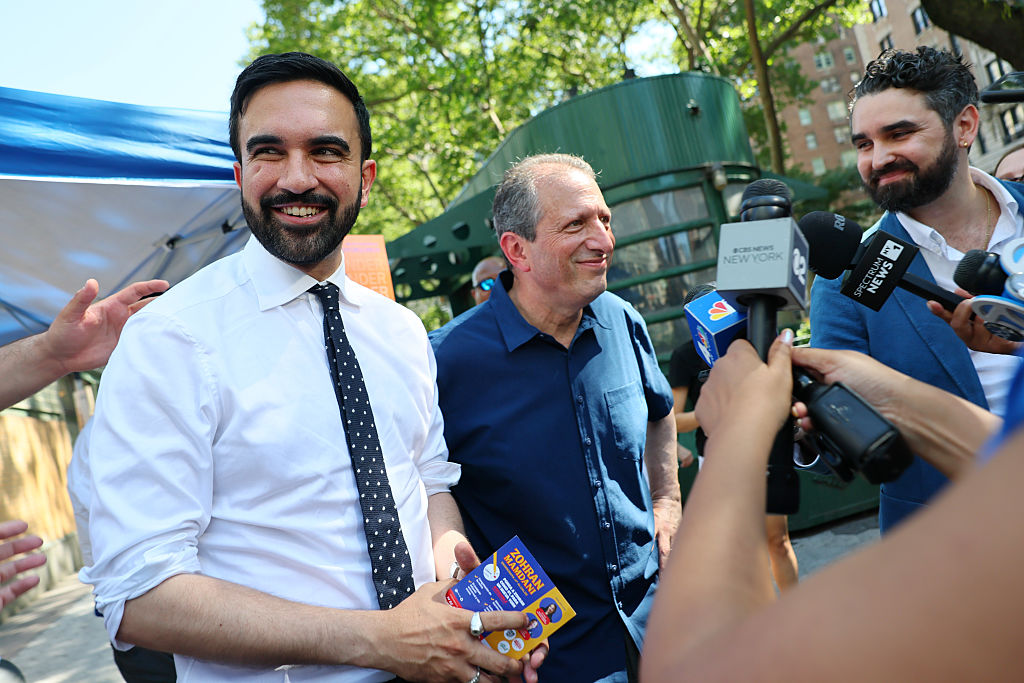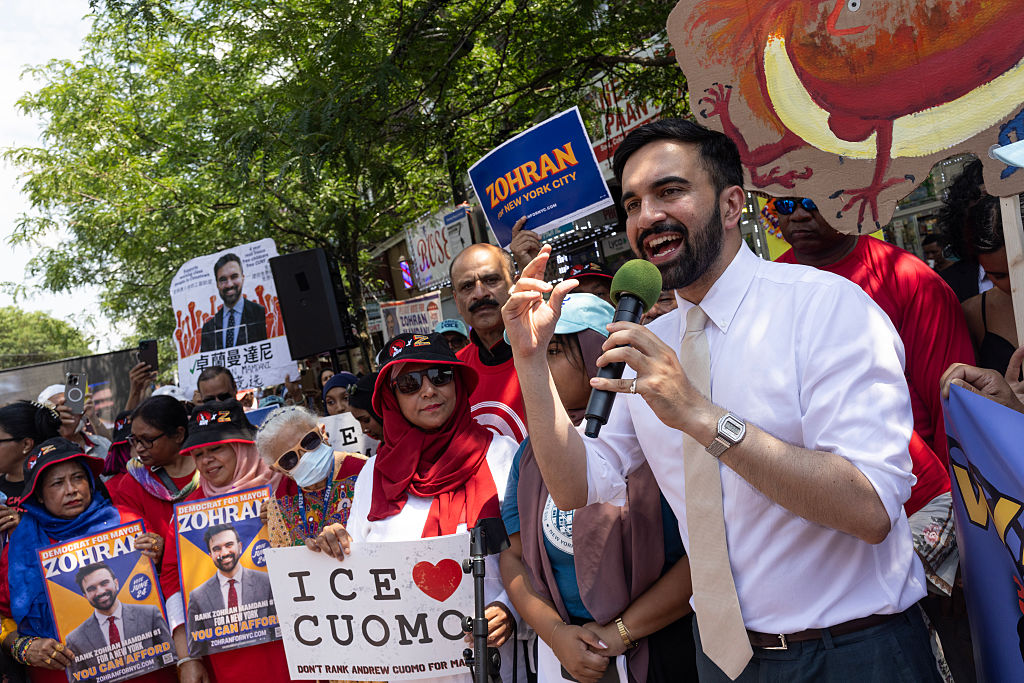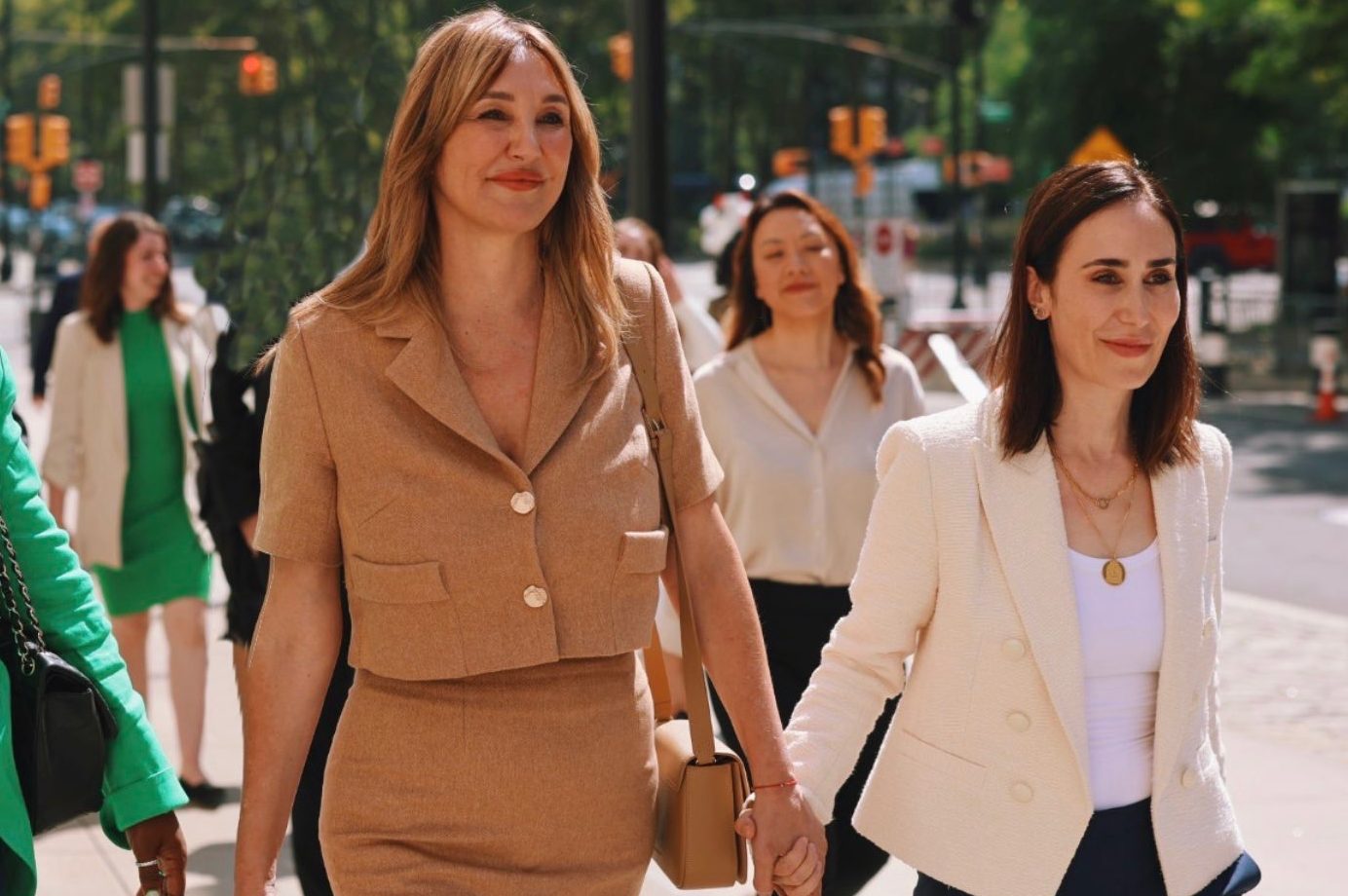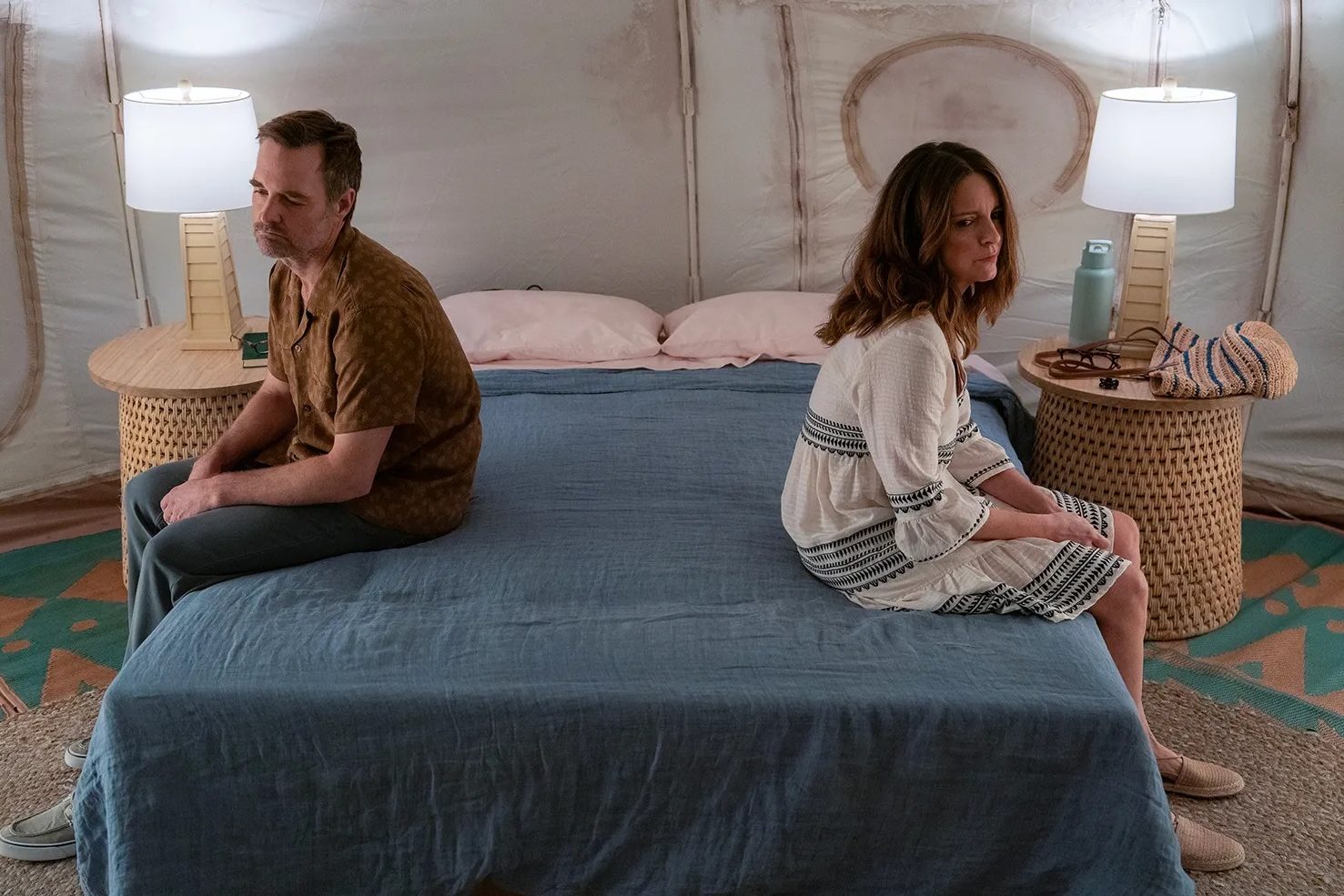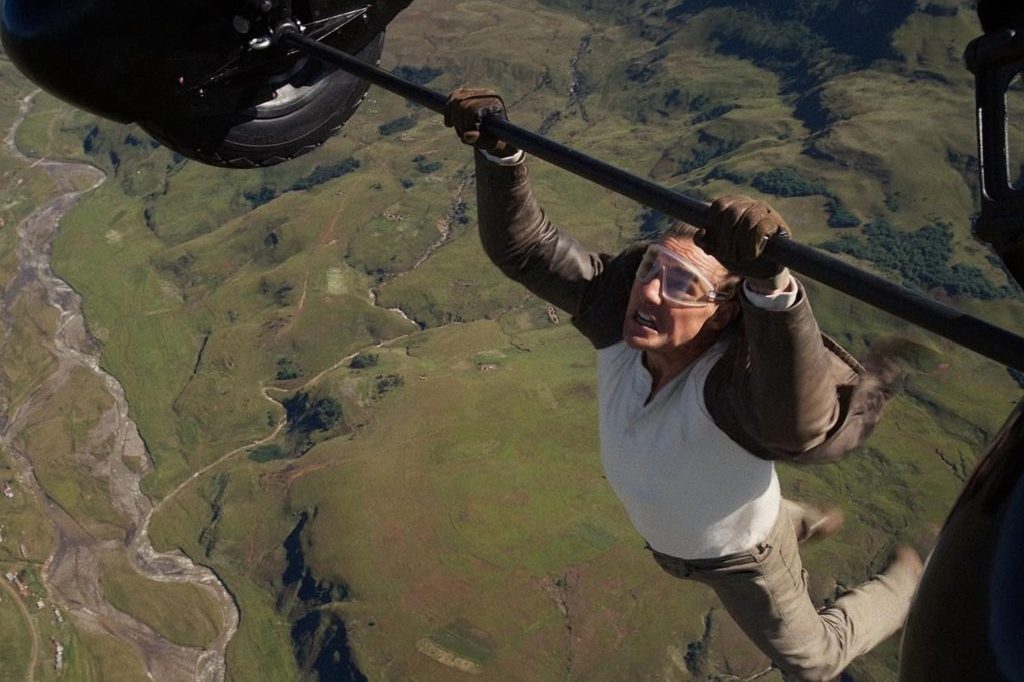Linda Fairstein, the former head of the Manhattan District Attorney’s Sex Crimes Unit, is suing Netflix for defamation over the streaming platform’s series When They See Us, a dramatized retelling of the ‘Central Park Five’ rape case.
Fairstein’s suit alleges that the series contains numerous inaccuracies and fictionalized events that were ‘deliberately calculated to create one, clear and unmistakable villain to be targeted for hatred and vilification for what happened to The Five’. Director Ava DuVernay and co-writer Attica Locke are also named defendants in the lawsuit.
The ‘Central Park Five’ were a group of black and Hispanic teenagers who were convicted of various charges related to the assault and rape of a female jogger in New York City in 1989. The members of the group were later exonerated by DNA evidence linking the attack to another suspect. DuVernay’s Netflix miniseries about the injustice has amassed more than 23 million viewers.
Fairstein previously took issue with When They See Us in a Wall Street Journal op-ed last summer, claiming that the series was ‘so full of distortions and falsehoods as to be an outright fabrication.’ The 119-page lawsuit filed Wednesday morning outlines each alleged falsehood related to Fairstein’s portrayal in the series and accuses DuVernay of knowingly and maliciously misrepresenting her in order to destroy her life and career.
According to the filing, the series mixes up Fairstein’s role in the case. While When They See Us portrays her as the prosecutor of ‘The Five’, Fairstein ‘was neither the lead prosecutor nor did she play any role in the courtroom litigation, other than as a witness.’ Fairstein’s lawyers also claim the series wrongly attributes numerous false and racist statements to her, such as referring to ‘young black male[s]’ as ‘thugs’ and ‘animals’, in order to cement her status as the villain in DuVernay’s story.
Fairstein was forced to resign from the board of various nonprofit organizations, lost numerous legal consulting jobs, and lost contracts with her book publishers based on intense pressure from social media mobs after the release of the miniseries. DuVernay herself played a key role in Fairstein’s public cancelation, asserting in an interview that Farnstein be ‘held accountable’ and suggesting she should be ‘punished for what she did’. The suit also claims that the co-writer, Locke, publicly said Fairstein deserved all the ‘rage and hate and consequences that are coming her way’ and started a social media campaign to strip her of a major literary award.
The filmmakers’ public comments could suggest their hunger for retribution outweighs their commitment to tell the truth. While filmmakers have some license to exaggerate certain events to satisfy audiences’ taste for the dramatic, DuVernay and Locke appear to have ventured beyond the ethical bounds of creativity by attributing such poisonous words and behavior to Fairstein’s name that she became, in effect, unemployable.
A similar problem recently befell the New York Times’s ‘1619 Project’. Nikole Hannah-Jones, the creator of the project, claimed that protecting the institution of slavery was one of the ‘primary reasons’ that the American colonists sought to secede from Great Britain. Historians disputed Hannah-Jones’s characterization of the colonists’ desire for independence, and critics suspected her lack of attention to historical accuracy proved her chief motivations were actually political in nature. Hannah-Jones, for example, used the project to spark a national conversation about reparations.
Fairstein is not the only person to call When They See Us into question. Deanna Paul pointed out other major inaccuracies and omissions in the miniseries in an article for the Washington Post.
Paul noted that there were actually eight victims and 12 arrests made after that night in Central Park when 30 teenagers met up to cause trouble. DuVernay’s laser focus on the assault of the female jogger conveniently ignores that members of the Central Park Five shared their involvement in the other attacks and provided contemporaneous details to police. Omitting those facts robs Fairstein and the DA’s office of the justification for their suspicion that The Five could have also been involved in the rape that took place on the same evening.
But Fairstein’s lawyer also notes that her lawsuit is not an attempt to relitigate the Central Park Five case — merely an attempt to point out specific issues with her own portrayal in the series and seek damages for those misrepresentations.
Netflix says they intend to fight the lawsuit.
‘Linda Fairstein’s frivolous lawsuit is without merit,’ Netflix said in a statement. ‘We intend to vigorously defend When They See Us and Ava DuVernay and Attica Locke, the incredible team behind the series.’



